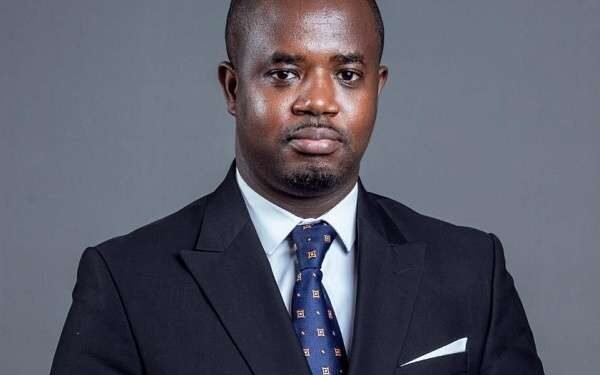HSBC has warned it could start charging for “basic banking services” after reporting a 35% fall in pre-tax profits for the three months ending September.
With interest rates so low, Europe’s biggest bank by assets is finding it difficult to charge more for loans than it pays out to depositors.
The bank said it is considering charging for products such as current accounts, which British customers are accustomed to having for free.
Despite the tough environment, HSBC Chief Executive, Noel Quinn said there were some bright spots.
“These were promising results against a backdrop of the continuing impacts of Covid-19 on the global economy.
“I’m pleased with the significantly lower credit losses in the quarter, and we are moving at pace to adapt our business model to a protracted low interest rate environment.”
HSBC reported pretax profit of $3.1bn (£2.4bn) for the third quarter, down from $4.8bn (£3.7bn) at the same time in 2019.
The drop was less than expected, with the bank saying it expects losses from bad loans will not be as bad as forecast and that its main markets will improve.
“This latest guidance, which continues to be subject to a high degree of uncertainty due to COVID-19 and geopolitical tensions, assumes that the likelihood of further significant deterioration in the current economic outlook is low,” HSBC said in a statement.
Chief Financial Officer, Ewen Stevenson added “We will have to look at charging for basic banking services in some markets, because a large number of our customers in this environment will be losing us money.”
In September, HSBC’s share price fell to its lowest level since 1995 amid allegations that the bank had allowed fraudsters to transfer millions of dollars around the world, even after learning of the scam.

The bank has also faced recent criticism from the US Secretary of State, Mike Pompeo for supporting China’s controversial security legislation in Hong Kong.
At its peak, the bank employed more than 300,000 people, but since the global financial crisis, the bank has trimmed its operations significantly. It has previously said it will cut costs and downsize, shedding 35,000 jobs worldwide, selling its French business and minimising its presence in the US.
It also plans to reduce costs to $31bn (£24bn) by 2022, well below operating expenses of $42.3bn (£32bn) in 2019.
Meanwhile, Spanish bank Santander forecast an improvement in core profits for the year, with Executive Chairman, Ana Botin saying, “The recovery of our business is progressing well, and the third quarter was significantly stronger than the second.
“Revenues increased 18% in constant euros as activity returned close to pre-pandemic levels.”
The bank has forecast an underlying profit of around €5bn (£4.5bn) in 2020, having reported that net profit more than trebled in the third quarter to €1.75bn (£1.6bn) compared to the same time in 2019.
However, in underlying terms, the third quarter net profit fell by 18% due to coronavirus-related provisions, following a second quarter net loss of €11.1bn (£10bn), also due to coronavirus.























